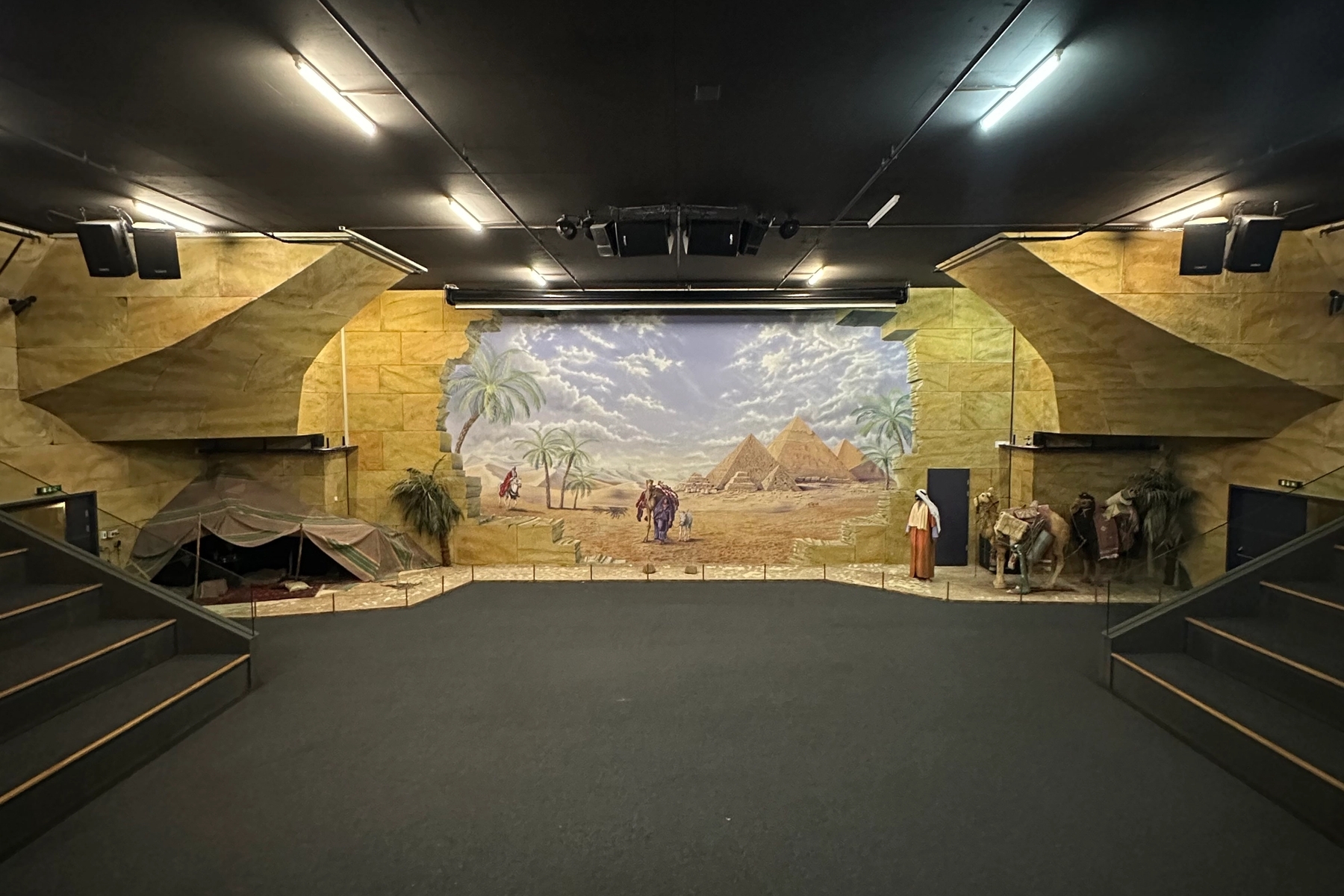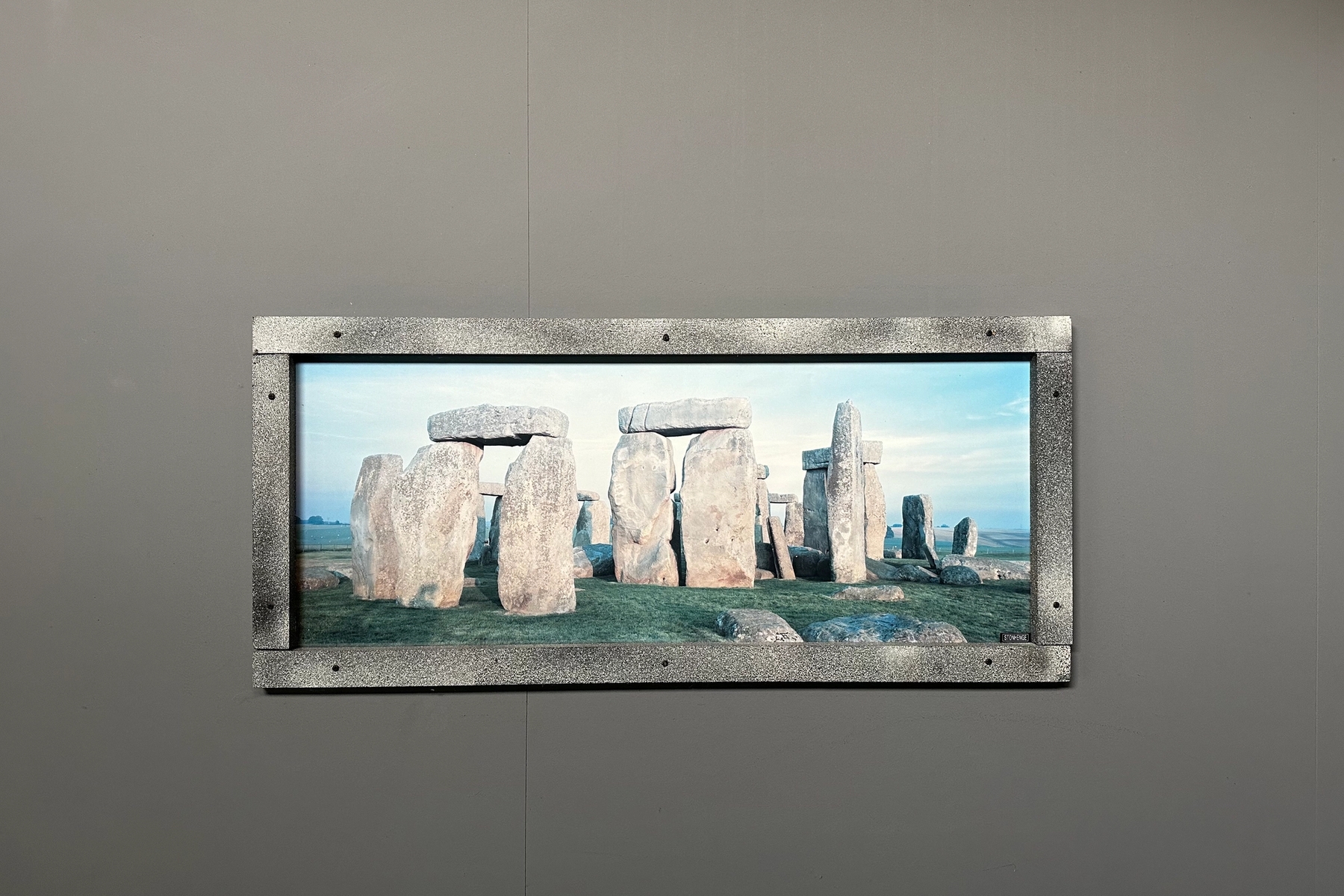Location: Switzerland by Andrew Norman Wilson
Provoked by a recent artist residency at La Becque in La Tour-de-Peilz, Switzerland, Andrew Norman Wilson started to develop a Swiss-set romantic fantasy film called 'Interlaken' that will take place between Jungfraupark, an ancient alien theme park, Ballenberg, a Swiss heritage open air museum, and Gstaad, a high society ski resort town for the international jet set.

Text and images Andrew Norman Wilson
Amidst multiple trips back to what has been called the Playground of Europe, I probed archives, forums, blogs, databases, and gray matter for cinematic depictions of Switzerland, which is more of a challenge than one would think considering it’s squeezed, accordion-like, between France, Germany, Italy, and Austria, each of which has fostered four of the continent’s most prominent film industries, all with their consequent icons; names like Bresson, Murnau, Fellini, and Lang. Even Godard, raised primarily on the Swiss side of Lake Geneva by Swiss parents, was born in Paris and has by and large been claimed by La République.
Seen through an international lens, Switzerland is often figured according to its postcard image. Yash Raj-produced films such as Aditya Chopra’s Dilwale Dulhania Le Jayenge fixed Swiss holidays in the Indian cultural imaginary, at least five Bond films have set the alps as an arena for a secret agent with a penchant for mixing business with pleasure, Clint Eastwood’s Eiger Sanction parodied that aging spy-thriller franchise while spending nearly half of its runtime amidst one of the country’s most popular tourist destinations, and Hitchcock’s The Man Who Knew Too Much literally opens with Swiss travel brochures.
These wayfaring perspectives tend to eclipse native output on the international market, perhaps because Swiss nationals seem less inclined to exploit their natural resources than foreign sightseers doped up on sublime beauty. Most of my favorite Swiss productions— Klopfenstein and Legnazzi’s Land of Fire All Night Long, Fredi M. Murer’s We Who Dwell in the Mountains Cannot Be Blamed for Being There, Alain Tanner’s The Salamander, and several of Godard’s films from the 80’s—treat Switzerland as just another place on earth where human dramas unfold. Even when Swiss directors do ascend the majestic alps, as in Marcus Imhof’s The Mountain and Murer’s Alpine Fire, they’re prone to offset the snowcapped splendor with excruciating physical and psychological torment.
My hope is that I can achieve a synthesis of these two tendencies by focusing on dynamics between the people—both Swiss nationals and immigrants—who make their livings off of the country's tourists destinations.





























